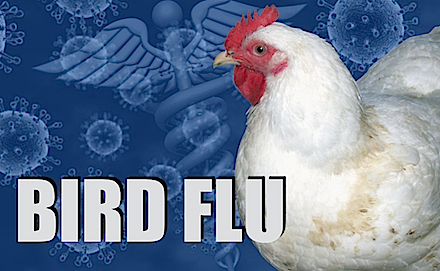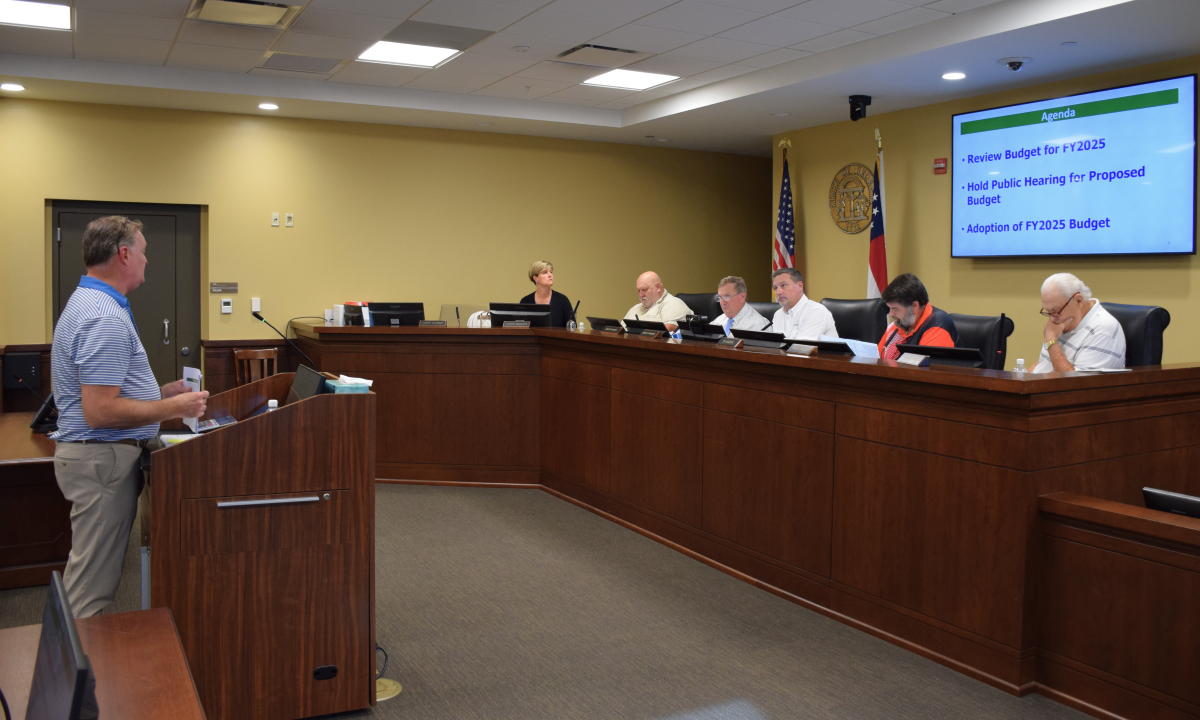
The bird flu has made its way into Georgia.
The Georgia Department of Agriculture says a flock of chickens at a commercial poultry breeding operation located in Chattooga County has tested positive for H7, presumptive low pathogenic avian influenza (LPAI).
This is the first confirmed case of avian influenza in domestic poultry in Georgia.
The State Agriculture Department says avian influenza does not pose a risk to the food supply, and no affected animals entered the food chain.
The risk of human infection with avian influenza during poultry outbreaks is very low, according to the Centers for Disease Control and Prevention (CDC) in Atlanta.
The virus – more commonly referred to as bird flu – was identified during routine pre-sale screening for the commercial facility. It was confirmed as H7 avian influenza by the USDA National Veterinary Services Laboratory (NVSL) in Ames, Iowa. As a precaution, the affected flock has been depopulated. Officials say they’re testing and monitoring other flocks within the surveillance area and add that no other flocks have tested positive or experienced any clinical signs.
The announcement follows similar confirmations of bird flu in Alabama, Kentucky and Tennessee in recent weeks.
“Poultry is the top sector of our number one industry, agriculture, and we are committed to protecting the livelihoods of the many farm families that are dependent on it,” says Georgia Commissioner of Agriculture Gary W. Black. “In order to successfully do that, it is imperative that we continue our efforts of extensive biosecurity.”
The official order prohibiting poultry exhibitions and the assembling of poultry to be sold issued by the state veterinarian’s office on March 16, 2017, remains in effect.
The order prohibits all poultry exhibitions, sales at regional and county fairs, festivals, swap meets, live bird markets, flea markets, and auctions.
Also, the order prohibits the concentration, collection or assembly of poultry of all types, including wild waterfowl from one or more premises for purposes of sale. Shipments of eggs or baby chicks from National Poultry Improvement Plan (NPIP), Avian Influenza Clean, approved facilities are not affected by the order.
Officials say wild birds are the source of the virus. Avian influenza virus strains often occur naturally in wild birds, and can infect wild migratory birds without causing illness.
The State Ag Department has set up an online Avian Influenza Response Center to keep poultry producers and the public at large informed of the latest developments. To access it visit https://agr.georgia.gov/avian-influenza.aspx.
Owners of poultry flocks are encouraged to closely observe their birds and report a sudden increase in the number of sick birds or bird deaths to the state veterinarian’s office at (855) 491-1432.
For more updates and information regarding biosecurity tips visit www.ga-ai.org or www.allinallgone.com.







